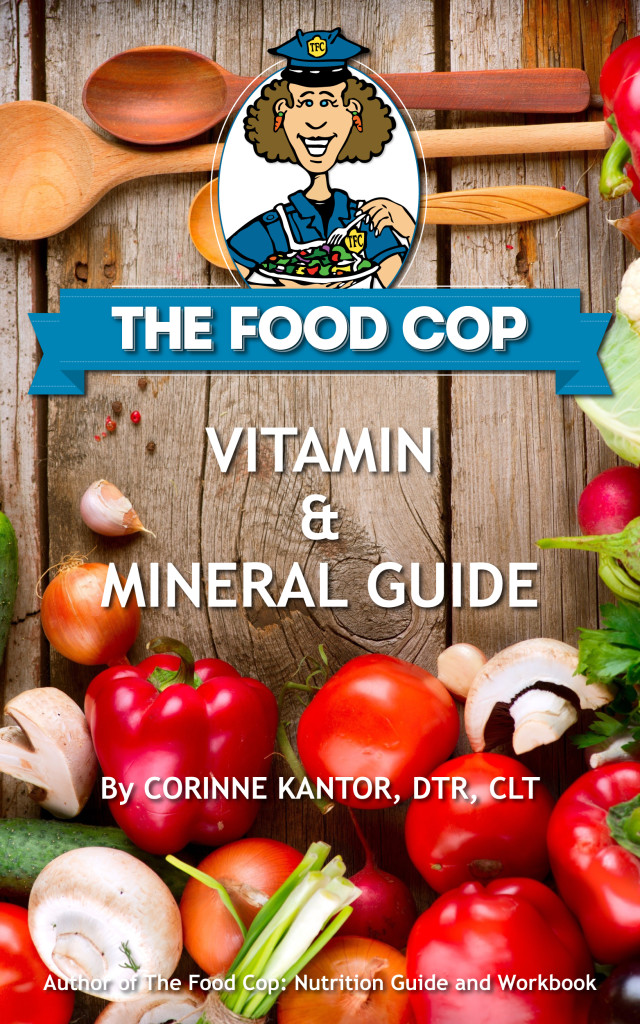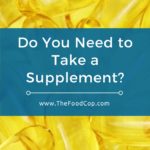Do You Need to Take a Supplement?
As the FDA continues to crack down on manufacturers of supplements for various reasons, including the unsafe use of ingredients and harmful side-effects, many consumers still have the urge to consume supplements in hopes that their energy level will increase, they will lose weight, and they simply feel better overall. After all, with all of the grand claims printed on the packaging about how supplements can help you, they can be difficult to resist.
However, what many consumers do not realize is that if you are generally a healthy person and eat nutritious meals, you most likely do not need to take supplements. You can easily obtain all of your necessary vitamins and minerals from your food, which in turn will help you achieve all of the benefits offered by the supplement manufacturers, but without the potential side effects and usually for less cost.
Of course, there are some consumers, such as pregnant women, strict vegetarians, and habitual dieters, who can benefit from certain supplements, and it is even recommended that they take supplements, but this is not the case for most people.
So which foods contain the vitamins and minerals that you need the most? Let’s take a look at a few…
- Vitamin D, which is necessary for growth and maintenance of your bones and teeth, can be found in salmon, shrimp, and fortified. Plus, just being outside in natural sunlight can provide you with Vitamin D.
- Vitamin B2 (Riboflavin), which helps support normal vision and skin health, can be found in enriched cereal, milk, cottage cheese, mushrooms, and spinach.
- Copper, which is involved with your immune function and heart health, can be found in seafood, nuts, seeds, and whole grains.
What other food items contain vitamins and minerals? How much vitamins and minerals should you be consuming, and are there deficiency and toxicity symptoms associated with vitamins and minerals?
The Food Cop: Vitamin and Mineral Guide answers all of these questions and more. It contains all  the details you need to know about fat-soluble vitamins, water-soluble vitamins, and minerals, including the following:
the details you need to know about fat-soluble vitamins, water-soluble vitamins, and minerals, including the following:
- Main function
- Recommended Dietary Reference Intakes
- Deficiency symptoms
- Toxicity symptoms
- Recommended food sources
The next time you are considering purchasing a supplement, use this resource to determine how you can get the same benefits from a food source. Start living a healthier lifestyle now by consuming your vitamins and minerals from food sources, and remember that a supplement is not always necessary or recommended.


